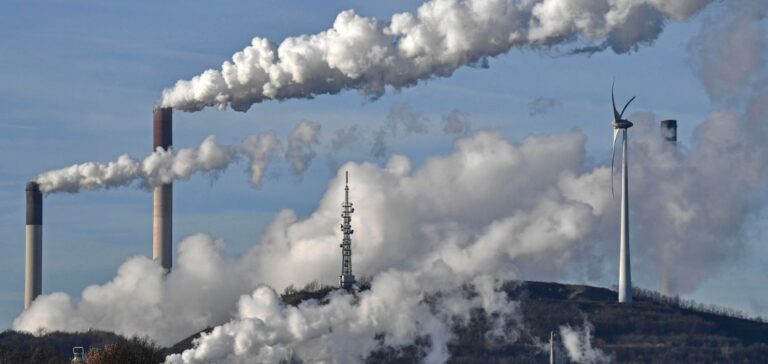BP, the British oil giant, has announced that it anticipates “unfavorable adjustments” after tax of between $1 billion and $2 billion for its second-quarter 2024 results. These adjustments include significant charges relating to the conversion of the Gelsenkirchen refinery in Germany.
Strategic transformation of Gelsenkirchen
The transformation of the Gelsenkirchen refinery, announced last March, aims to reduce the site’s total production capacity from 2025. BP plans to increase production of low-emission fuels in response to growing pressure for a more sustainable energy transition. This initiative is part of a broader strategy to shift towards less polluting energies.
At the same time, BP has warned that its refining margins for the second quarter will be “significantly lower” than in the previous quarter, as will those of Shell. This fall in margins is attributed to fluctuations in hydrocarbon prices and the impact of ongoing strategic adjustments.
Stability and production outlook
Despite these adjustments, BP indicated that its overall production should remain stable compared with the previous quarter. However, the company expects a slight drop in production in the gas and low-carbon energy segments. This relative stability in oil production contrasts with initial expectations of a slight decrease.
The Group also emphasized that its oil sales would be down, reflecting a trend observed since the beginning of the year. BP had posted a sharp fall in first-quarter earnings, mainly due to lower hydrocarbon prices, which affected revenues and margins.
Comparison with Shell
Shell, BP’s main competitor, recently announced write-downs of up to $2 billion in the second quarter of 2024. These write-downs mainly relate to the suspension of a major biofuels project in Rotterdam, the Netherlands, and its facilities in Singapore.
Shell’s Dutch project to produce sustainable aviation fuel (SAF) and renewable diesel was put on hold for an unspecified period of time, resulting in after-tax write-downs of between $0.6 and $1 billion. In addition, Shell’s Singapore facilities could generate write-downs of between $0.6 and $0.8 billion. These adjustments reflect the current challenges facing the Group in the context of fluctuating hydrocarbon prices and ongoing strategic adjustments.
Shell also warned that its gas sector’s performance for the second quarter would be in line with the previous year, but below that of the first quarter 2024 due to seasonality.
Future strategies and implications
Both BP and Shell have slowed down some of their original climate targets, preferring to focus on oil and gas activities to maximize short-term profits. This strategic reorientation drew criticism from environmental activists, who saw it as a step back from previous climate commitments.
BP and Shell’s forthcoming earnings releases and strategic decisions will give crucial indications of their ability to navigate between the pressure for climate action and the need to maintain robust financial returns. The evolution of these projects and the strategies adopted by the two oil giants will be closely followed by analysts and investors.






















